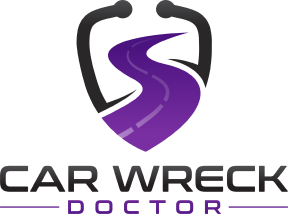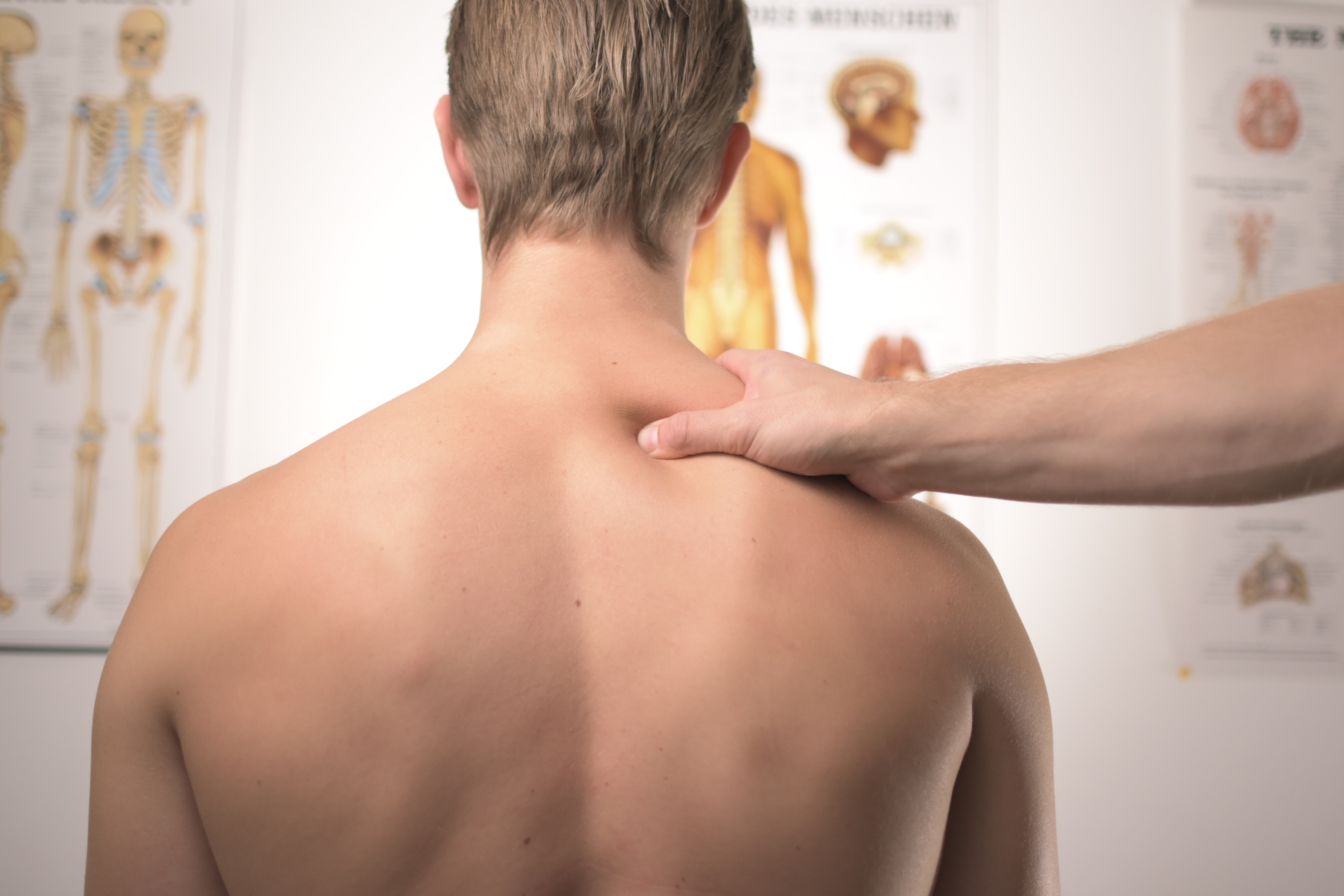If you've never heard of a shoulder subluxation before, you're not alone.
A shoulder subluxation is a partial dislocation of the shoulder joint that occurs when the ball of the upper arm bone called the humerus, partly comes out of the glenoid socket in the shoulder.
In a complete dislocation, the humerus comes completely out of the socket.
Our shoulders are the most mobile joints in our body, containing several bones, ligaments, and muscles that work together to keep it stable.
But because it is so mobile, it is very prone to dislocation.
Shoulder subluxations are often the result of trauma, injury, or a stroke that weakens the arm muscles.
In the article below, we'll learn about shoulder subluxations, discussing the symptoms and treatments, as well as the recovery process.
Want to learn more about chiropractic care before you pursue treatment? Read our blog post: "20 Things You Might Not Know About Chiropractic Care."
Table Of Contents
- What Causes A Shoulder Subluxation?
- What Are The Symptoms of a Shoulder Subluxation?
- How Do You Treat a Shoulder Subluxation?
- Recovering From A Shoulder Subluxation
- Are There Additional Complications?
- What's The Outlook?
- Visit A Chiropractor
What Causes A Shoulder Subluxation?
Due to the mobility of your shoulder, it can dislocate forward, backward, or downward. This also applies to shoulder subluxations.
When you have a shoulder subluxation, your shoulder capsule can also be stretched or torn, complicating the subluxation.
It usually takes a forceful blow or a hard fall to knock the humerus out of place. An extreme rotation can also pull it out of socket.
Once you've had a shoulder subluxation, your joint can become unstable and prone to future subluxations.
The most common causes of shoulder subluxations are:
- Trauma: Subluxations can result from accidents or injuries that damage your shoulder. Falls and motor vehicle accidents are often to blame.
- Sports Injuries: Contact sports often cause shoulder subluxations.
- Strokes: A Stroke can cause muscle weakness, which can lead to a subluxation.
Young men and other highly physically active groups have the greatest risk of shoulder subluxations.

What Are The Symptoms of a Shoulder Subluxation?
Shoulder subluxations are usually more difficult to diagnose than a complete shoulder separation.
In some cases, though, the subluxation is actually visible under the skin.
You might be able to feel the ball of the humerus moving in and out of the shoulder socket, which is usually and comfortable and can be pretty painful.
Some of the most common symptoms of shoulder subluxations are:
- A deformed or out-of-place shoulder
- Pain in your shoulder
- Swelling in your shoulder
- Numbness or tingling along the arm
- Trouble moving your shoulder
You might also notice a clicking or catching sensation in your shoulder doing your typical day to day activities, especially if they involved reaching overhead.
How Do You Treat A Shoulder Subluxation?
Treatment for shoulder subluxations aims to reposition the humerus back into the socket and ensure that it stays in place.
Shoulder subluxations are usually diagnosed using ultrasound, and a correct diagnosis is critical in determining the best course of treatment.
The most common forms of treatment for shoulder subluxations are:
- Closed Reduction: This is when the bone is gently maneuvered back into position. When this is achieved, severe pain should improve almost immediately.
- Surgery: Surgery is usually only necessary when subluxations continue to reoccur, or when nerves, blood vessels, or ligaments in the shoulder have been damaged.
- Shoulder Brace: A brace, splint, or sling may be used to prevent the shoulder from moving. The length of time will depend on the extent of the dislocation.
- Medication: Muscle relaxants and an anti-inflammatory agents, such as ibuprofen, for pain and swelling can be used.
- Chiropractic Care: Chiropractic treatment depends on several factors but often begins with chiropractic manipulation.
- Rehabilitation: Following surgery or time spent in a sling, a doctor may recommend a rehabilitation program to restore the range of motion, strength, and stability of your shoulder joint.
Recovering From A Shoulder Subluxation
If you experience a shoulder subluxation without any significant nerve or tissue damage, recovery time should be fairly quick.
If you try to do too much too soon though, there's a good chance you'll experience a future dislocation.
If your shoulder subluxation is bad enough that it requires surgery, you'll most likely have to wear a sling for several weeks.
Gradually introducing physical therapy and eventually, chiropractic care can help you regain strength and range of motion.
Are There Additional Complications With Shoulder Subluxations?
The shoulder contains strong connective tissues, muscles, and ligaments that work to keep the humerus centered in its socket.
These structures can become overstretched or injured, which can complicate a shoulder subluxation.
Some of the complications people experience with shoulder subluxations are:
- Damage to blood vessels and nerves in the shoulder
- Ligament or muscle tears in the shoulder
- Loss of movement and flexibility in the shoulder
- Recurrent subluxations due to shoulder instability
What's Your Outlook If You Have A Shoulder Subluxation?
If you seek medical attention right away that includes a correct diagnosis, shoulder subluxations are very treatable.
If you don't need surgery, or opt for alternative methods like chiropractic care, you can start feeling relief very quickly.
Recovery time will vary depending on the person, the extent of the subluxation, and whether or not surgery was required.
If you've experienced a subluxation, it's in your best interest to avoid strenuous activity, so you don't increase your chances of a recurrence.

Visit A Chiropractor To Treat Your Shoulder Subluxation
If you think you're suffering from a shoulder subluxation, you should seek medical treatment as soon as possible.
A chiropractor is a great option, because they will be able to diagnose and then treat your shoulder subluxation.
Chiropractic care has been proven to be effective when it comes to treating shoulder subluxations, and it is an all natural, non-invasive option without the side effects of surgery.
If you'd like to see a chiropractor, contact the team at the Car Wreck Doctor.
They have a network of chiropractors, and they can match you with a chiropractor that can meet your needs.

